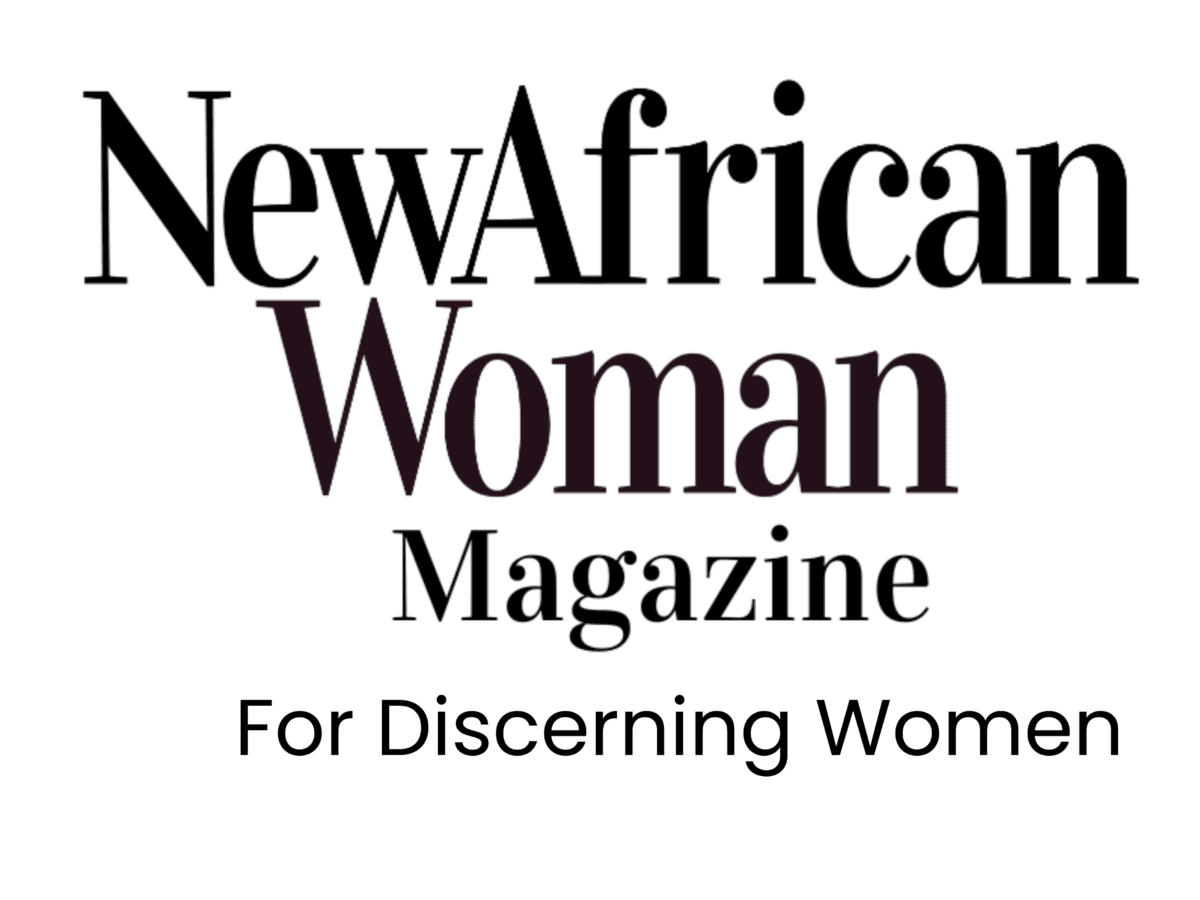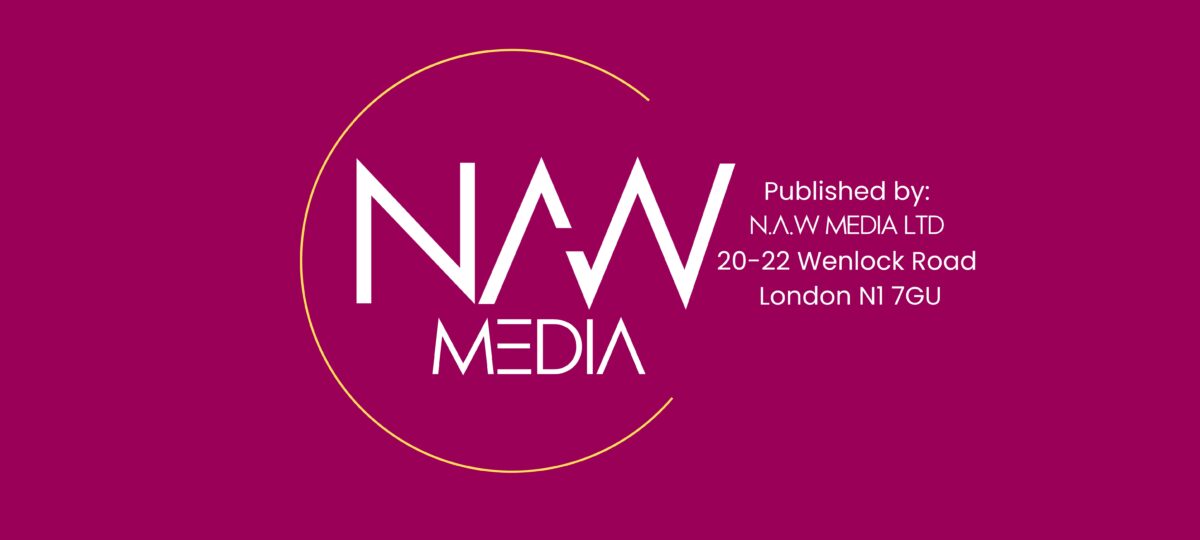Meet Botswana’s Basuti Gerty Bolo, a rare gem in the “male field” of astronomy

The absence of more women in fields dominated by men is always a relevant issue for discussion. But the dearth of African women in the field of astronomy is utterly glaring. As we resume our series spotlighting African women excelling in male-dominated fields, Keletso Thobega caught up with the mould-breaking Basuti Gerty Bolo — a Space Scientist from Botswana.
Growing up, Basuti never thought that she would one day be a space scientist doing research in the field of astronomy. In fact, for much of her childhood, she did not even know what astronomy is!
It was only when the time came to choose a field of study for her tertiary education that she would learn more about space sciences. And she went for it. Her choice to pursue the field was a gamble because, in conservative Botswana, it was still unheard of (and still remains largely so) for women to pursue studies in science fields — let alone Space Science.
As in most parts of African communities, she grew up in an environment where women were routinely encouraged to choose careers in the fields of teaching, nursing, or secretarial skills. If you were ambitious enough, you would study medicine.
But Basuti went against the grain and chose the road less travelled. She pursued Science, Tech-nology, Engineering, and Mathematics (STEM) subjects in school and at tertiary level, and later studied Space and Atmospheric Science. She then completed a BSc Honours in Geographical Infor-mation Systems and Remote Sensing from the University of Greenwich in London (United King-dom), where she also obtained a Certificate in Remote Sensing and Cartography.
But even with such an enviable CV, she has gone further in her pursuit of educational excellence in a field rarely pursued by Africans, let alone women.
Such an inspirational journey, for a girl who initially dismissed the thought of venturing into astron-omy and space science as a mere dream and it took a picture of Russian cosmonaut Yuri Gagarin — who became the first human to travel into space — to inspire her further and become fixated with the field. “I used to look at the picture and vowed that I too, would one day travel to space,” she tells us. Maybe one day she will become Afri-ca’s first woman in space.
But in the meantime, her education accolades keep rolling in. She has since obtained an MSc in Information System and Data Management; and is a post-graduate of the United Nations Africa Regional Centre for Space science and technol-ogy education in Nigeria.
As if that was not enough Basuti is also currently pursuing a Ph.D. in Information Systems and Data Management through the Botswana International University of Science and Technology (BIUST). She states that her passion for Space Science was sparked further by an interest in knowing more about unexplained mysteries of things that happen in space, for example, some causes of airplane crashes.
She also explains how space technology and applications are one of many important tools that can be used to address Africa’s challenges
and can help the continent to achieve the SDGs. “Information based on these tools can help Africa improve agricultural yields, manage natural resources, protect habitat loss, and stop deforestation. Satellite-based data today remains key to environmental management and fighting climate change,” she tells us.
While studying for her Post Graduate Diploma in Space and Atmospheric Science in Nigeria, she carried out research on the Impact of Geomagnetic Storm (Space Weather) on Satellite Electronic Devices and Navigation Systems. The research was aimed at finding out why some satellites crash or disappear in space, with an unknown failure.
Brainbox student
The 44-year-old comes from humble beginnings and was born and raised in Mathangwane, a village in the north of Botswana where she did her early school years. She says her loving and supportive parents always placed great emphasis on the importance of getting a good education and planted the seed for the passion she has for education and the career she chose.
But Basuti has always been a smart, A+brainbox student. She always exhibited great potential from an early age. It, therefore, was not a surprise that she excelled academically. Neither was it a surprise that years later, the little girl from Mathangwane village, would be given a government scholarship to study at a university in the United Kingdom.
Fast forward to 2023, Basuti is now not only the Chair of Educational Technologies at Africa University in Mutare, Zimbabwe (where she is now based), but she is also a passionate gender equality advocate who has founded and serves as CEO of GoToSpace, an initiative which empowers, trains and mentors women, girls and their communities to take up
STEM subjects and encouraging them to enter the field of science, including astronomy, which should not be beyond their reach. Because it isn’t.
Breaking the mould
She also believes that science is a limitless field, adding that there are various opportunities available globally, and there are many role models, mentors, and educators who are committed to empowering others; and showing them what opportunities lie in the sector, including jobs and academic scholarships to study further.
As such, she is passionate about the promotion of STEM and introducing Space Science school curriculums, to develop and push more interest in the subject at the grassroots level. “Space technology and applications, space tourism and entrepreneurship could be the main space sectors [and next big thing] that Africa would benefit most from in the future,” she says.
She notes further that currently, entrepreneurship is a big field of opportunity in the space sciences and astronomy fields.
“Because of space capacity building and awareness in Africa, space businesses can spearhead start-ups in the field of space, [such as] recreational centres; institutions for training and mentorship, Tele-health and medicine; as well as Tele-education,” she proffers.
However, despite her mould-breaking work and passion to make space science more gender inclusive, it has not been all smooth sailing. She explains how she has experienced challenges of sexism in the pursuit of her dream career. But she has weathered the storm.
“Despite doubts, discouragement, and other misgivings, including from the academic world, I have consistently worked hard throughout my academic journey. I am proving the naysayers wrong,” she states.









